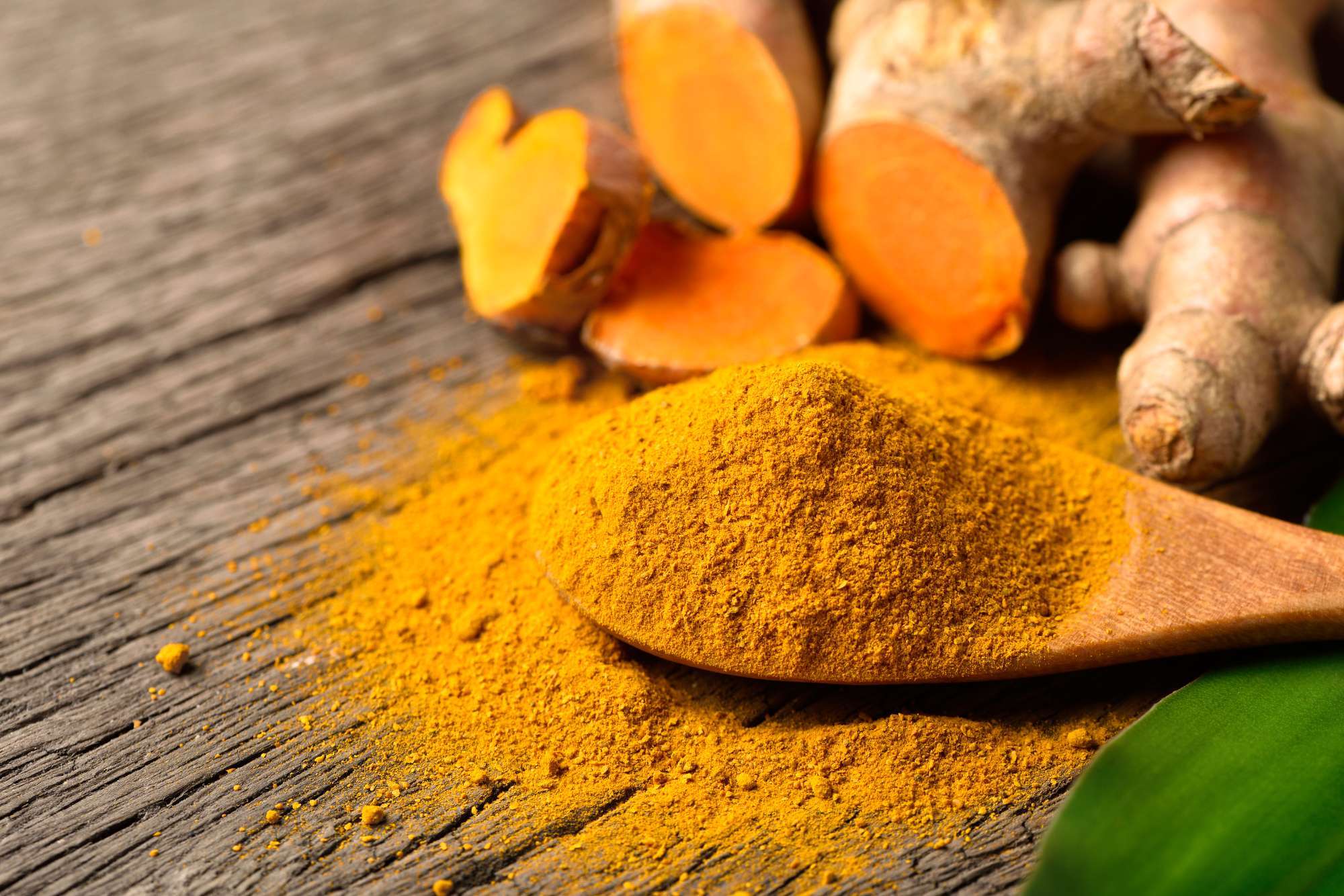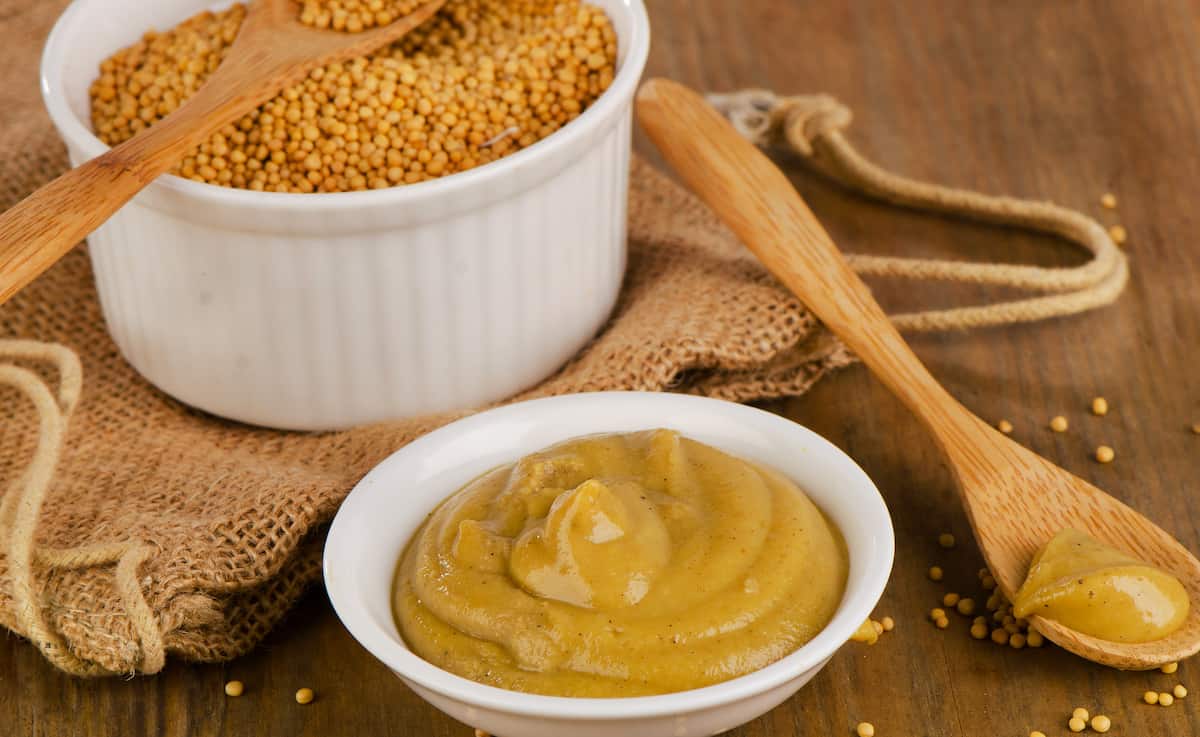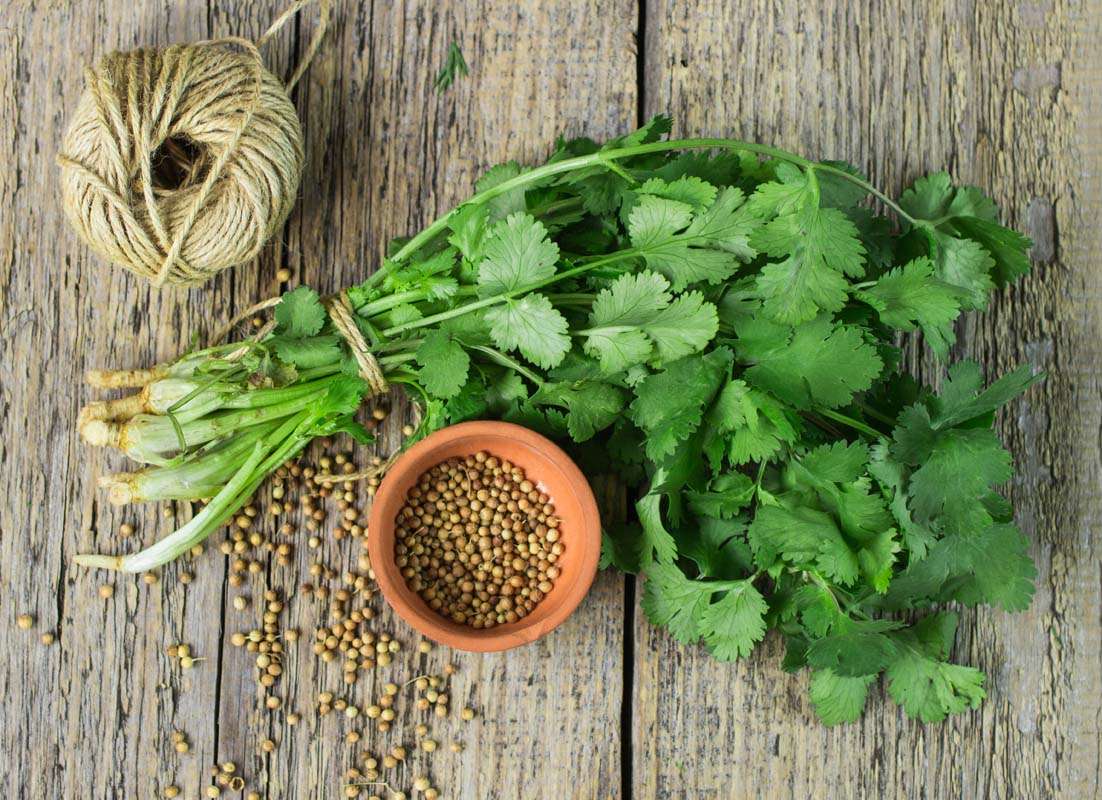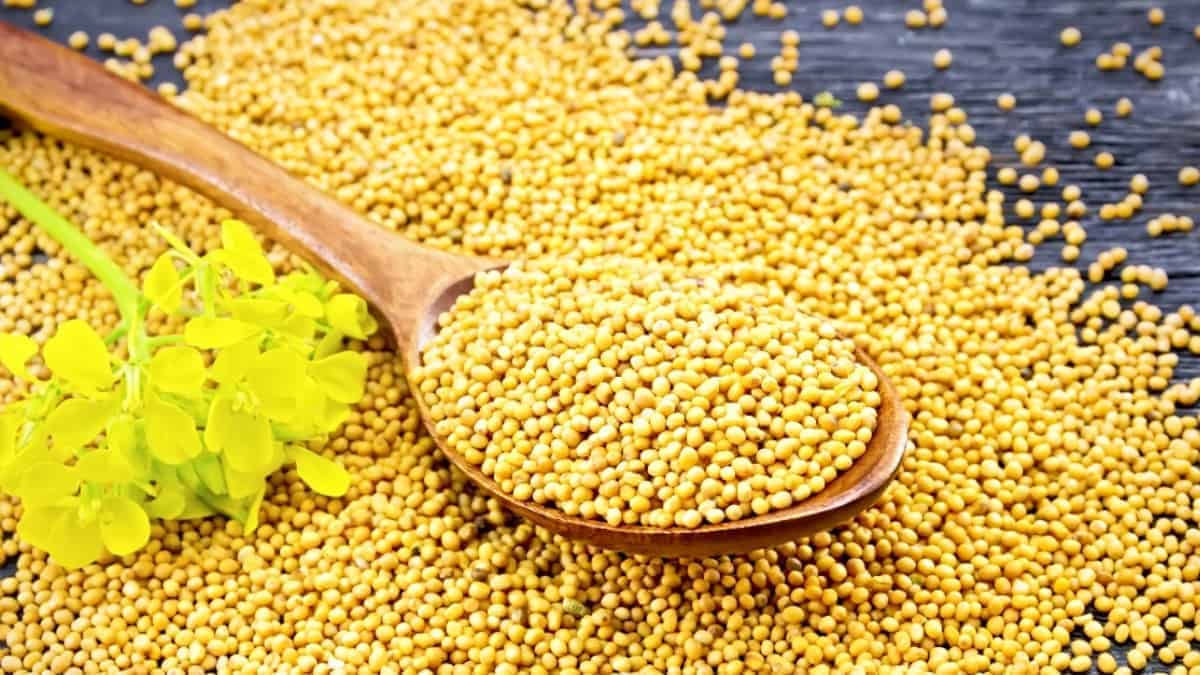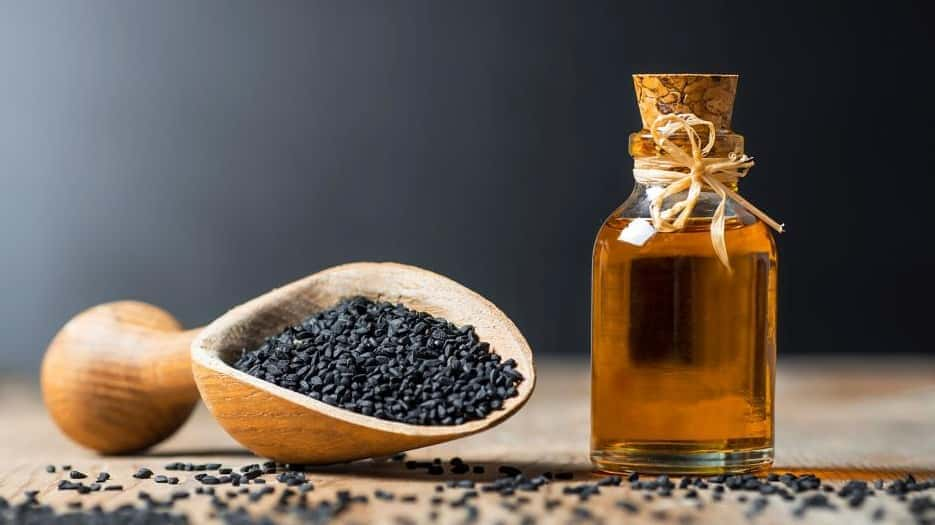Mustard, a low-calorie and nutritious spice
Mustard, a low-calorie and nutritious spice
Mustard is a spice made from the mustard seeds of the mustard plant. It enhances the taste of food, making your meal more delicious. In addition, mustard seeds are low in calories but rich in minerals, vitamins, and other plant compounds that have health benefits.
Like other spices, mustard is used to enhance the flavor of many dishes, especially European and Mediterranean dishes. Mustard is the seed of cruciferous plants, such as cabbage, broccoli and kale... these are nutrient-rich vegetables belonging to the Brassica and Sinapis genera in the Brassicaceae - cruciferous family. Both the seeds and leaves are edible.
In addition to its culinary value, mustard has also been used as an herb in traditional medicine since ancient Greece and Rome. Modern science today has also proven the ability to protect health from mustard seeds.
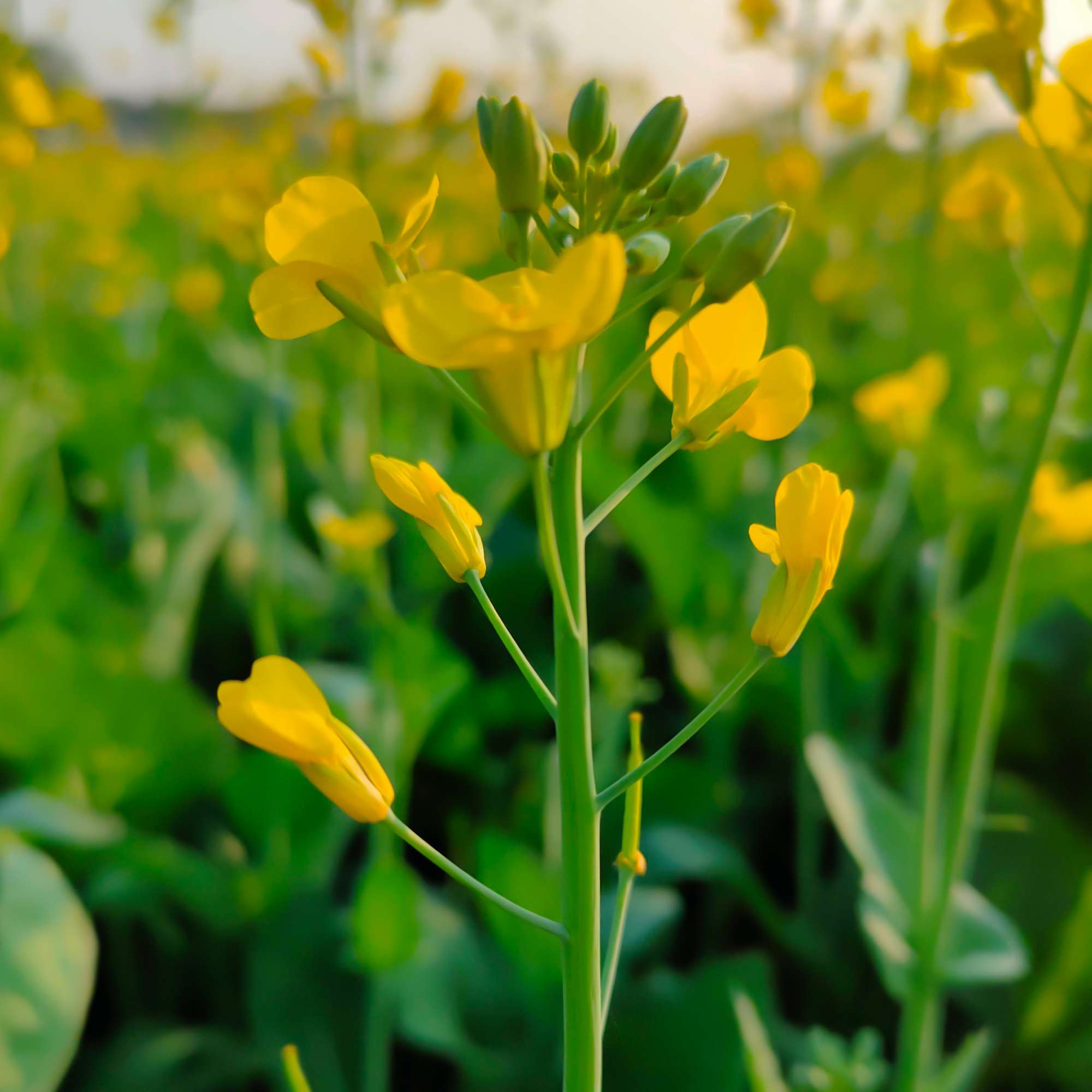
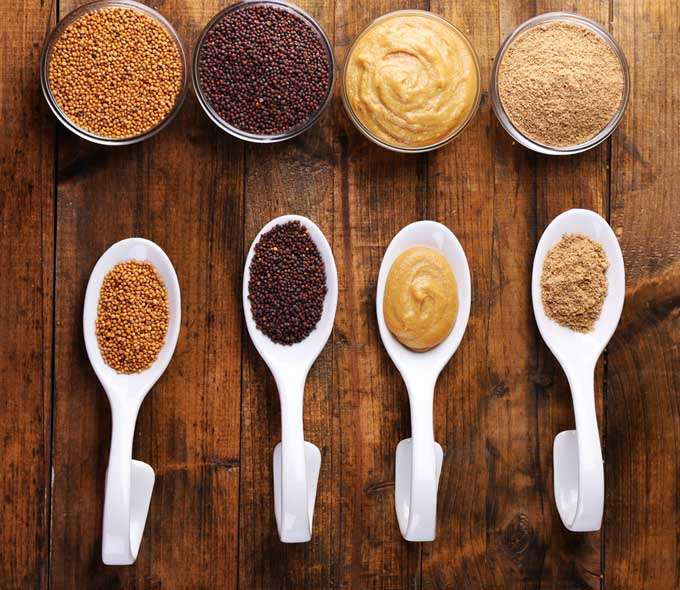
There are three common types of mustard seeds: black, mild white, and yellow, but most types of mustard consist of mild white seeds. Mild white mustard (Sinapis alba) grows wild in North Africa, West Asia, and Mediterranean Europe, and has spread farther by long cultivation; Oriental mustard (Brassica juncea), originally from the foothills of the Himalaya, is grown commercially in India, Canada, the United Kingdom, Denmark, Bangladesh and the US; Black mustard (Brassica nigra) is grown in Argentina, Chile, the US and some European countries.
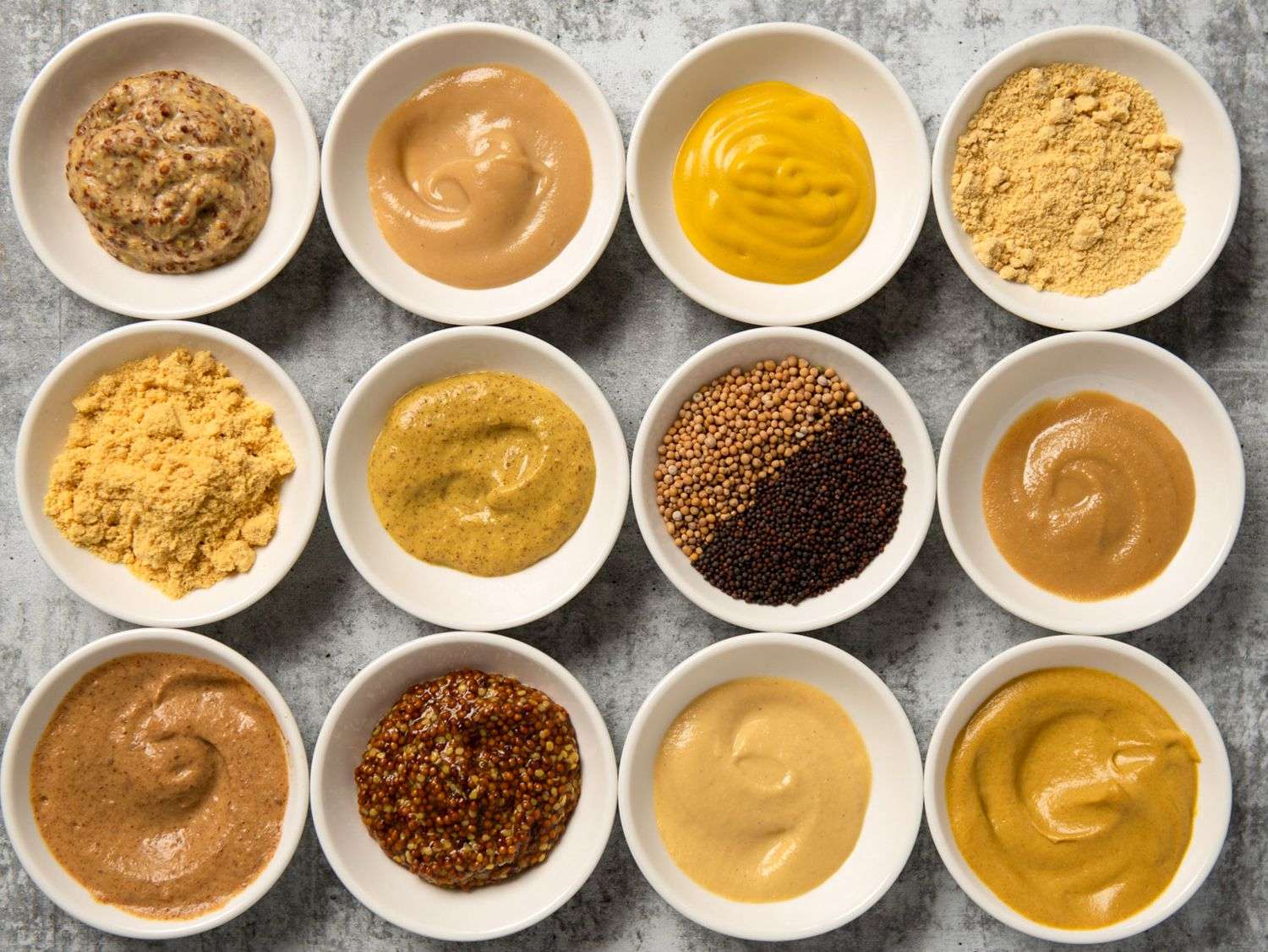
MUSTARD SEED NUTRITIAL CONTENT
Mustard plants come in several dozen varieties, all of which are rich in nutrients. Mustard is low calories and very rich minerals as copper, calcium, iron, magnesium, phosphorus, potassium, sodium, zinc, manganese, and selenium.
Mustard seeds are also a good source of several vitamins. They have a high percentage of dietary fiber and are a valuable source of several bioactive compounds such as antioxidants and polyunsaturated fatty acids.
Being a part of the cruciferous family, it’s rich in antioxidants and glucosinolates, a group of compounds that contain sulfur. There are also other chemicals such as isothiocyanates and sinigrin that are derived from glucosinolates and have specific health benefits.
A 20 grams portion of mustard seeds contains: Calories: 101.6 calories, Fiber: 2.44 grams, Protein: 5.22 grams, Fat: 7.24 grams, Vitamin C: 1.42 milligrams, Vitamin K: 1.08 micrograms, Thiamin (B1): 0.16 milligrams, Riboflavin (B2): 0.05 milligrams, Niacin (B3): 0.95 milligrams, Folate (B9): 32.4 micrograms, Calcium: 53.2 milligrams, Iron: 1.84 milligrams, Zinc: 1.22 milligrams, Copper: 0.13 milligrams, Magnesium: 74 milligrams, Phosphorus: 165.6 milligrams, Potassium: 147.6 milligrams, Sodium: 2.6 milligrams, Manganese: 0.49 milligrams, Selenium: 41.6 micrograms.
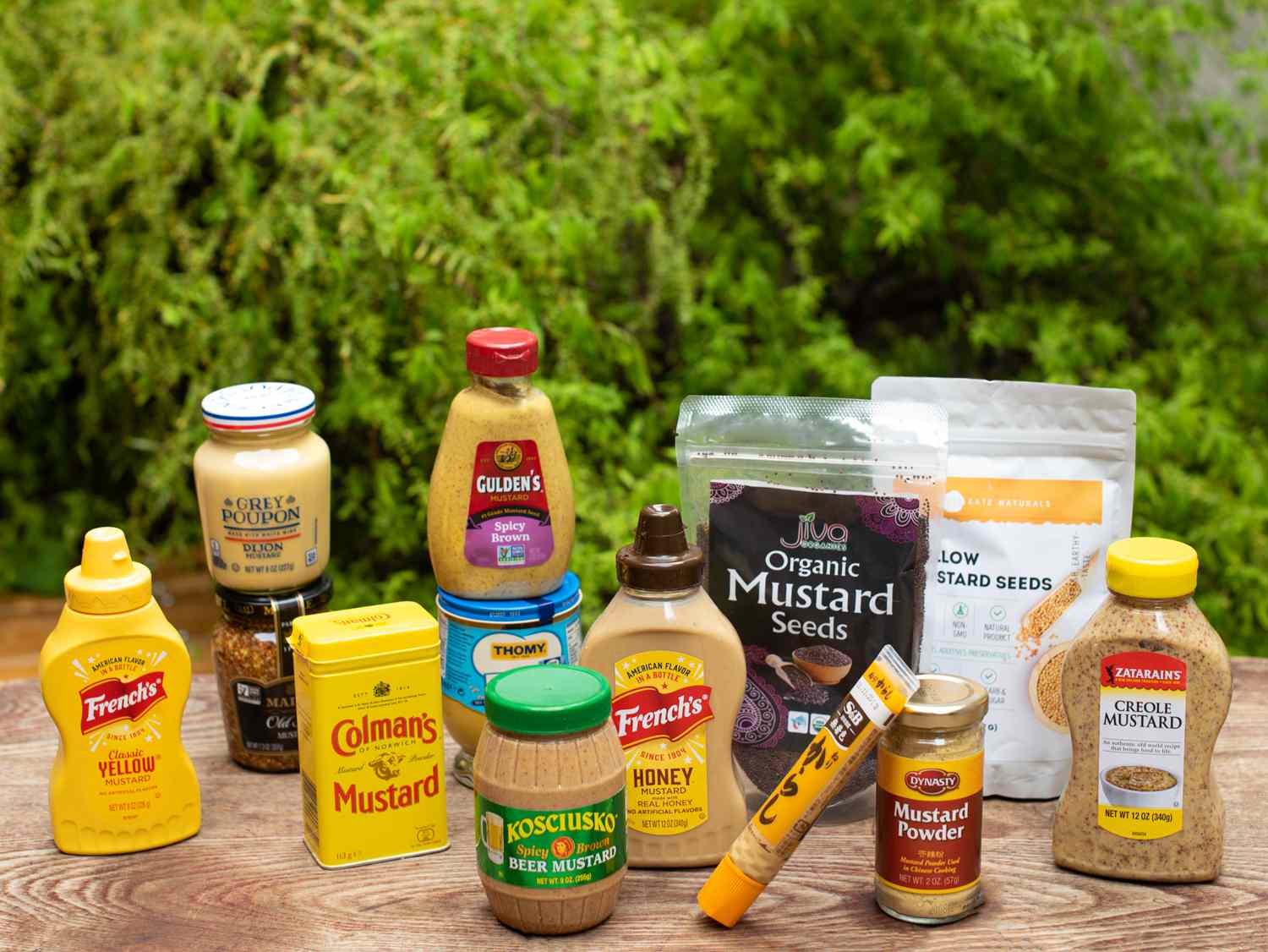
HEALTHY BENEFITS FROM MUSTARD
Effective as an Antimicrobial
One of the important ingredients of mustard seeds is sinigrin, which is responsible for its pungent taste. When mustard seeds are digested, it leads to the breakdown of sinigrin and the formation of a compound called allyl isothiocyanate (AITC). Research has shown that AITC has extensive antimicrobial properties that protect against a variety of bacterial strains.
Sinalbin, which is present in some species of mustard, is also derived from glucosinolate and breaks down into a type of isothiocyanate. It has been shown to have even more potent antimicrobial properties than sinigrin.
Some studies have also shown the potent effects of AITC on the inhibition of enzymes that are essential for the metabolic activities of bacteria. This leads to membrane damage in bacteria and reduces their harmful impact.
The severity of the antibacterial activity differs based on the type of mustard that the seeds are derived from, which dictates the number of glucosinolates present. All types of mustard seeds, though, exhibit considerable antimicrobial activity.
Antioxidant Effects
Phenolic compounds that are widely present in mustard seeds are known for their antioxidant activity. These phenolic compounds react with free radicals in the body and inhibit their harmful effects. Mustard seeds also contain tocopherols, part of the family of E vitamins, that are fat-soluble compounds and have extensive antioxidant capabilities.
Research has also shown the antioxidant activity of sinigrin that helps reduce the production of nitric oxide, the chemical that is widely attributed to the formation of free radicals in the human body.
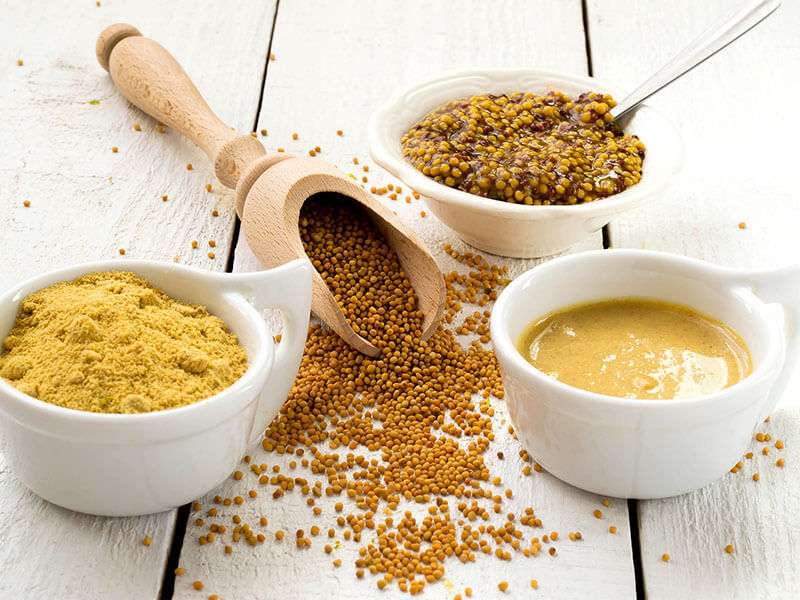
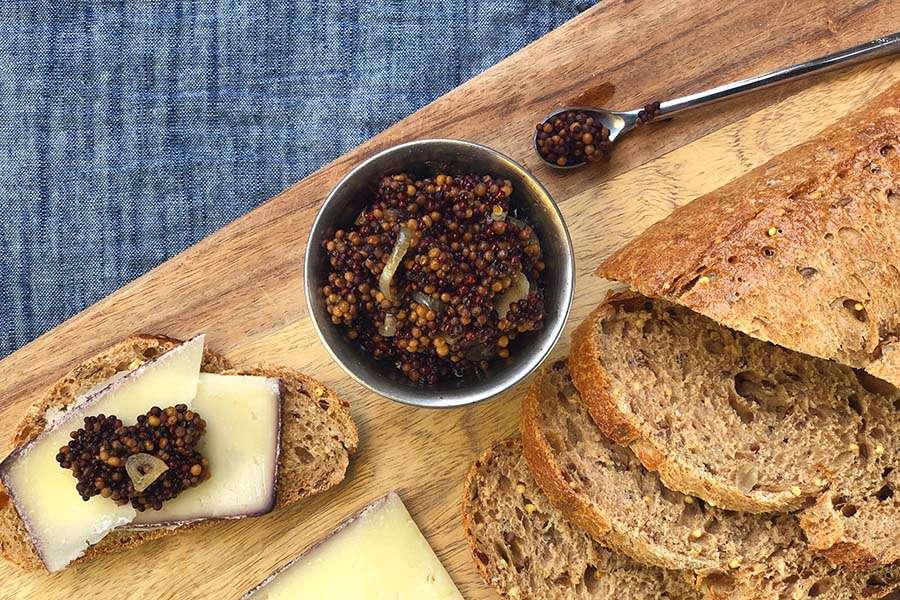
Anticancer Activity
Compounds that contain reactive nitrogen groups have also been linked to carcinogenic processes. Research has shown that sinigrin causes cancer cell death, although the exact mechanism of the anticancer activity of the glucosinolate derivative is still unclear.
It’s hypothesized that the inhibitory effect of sinigrin is due to its modifying effect on certain enzymes that lower the risk of DNA damage to the tissues that are targeted by cancer-causing agents. Although this research is promising, further studies are needed to determine the exact mechanisms of its anticancer effects.
Enhance Healing Activity
Research has found that sinigrin enhances wound healing abilities when used in combination with lipid-based phytosomes. Phytosomes are lipid (fat) molecules that help enhance the impact of herb-based chemicals (such as sinigrin) by enhancing their absorption.
Lower blood sugar levels
A study in the Philippines showed that the intake of mustard seed extracts, along with blood sugar medication, may help lower blood sugar levels in people with type 2 diabetes. The effect of the medicines was more pronounced when they were taken along with the mustard extract.

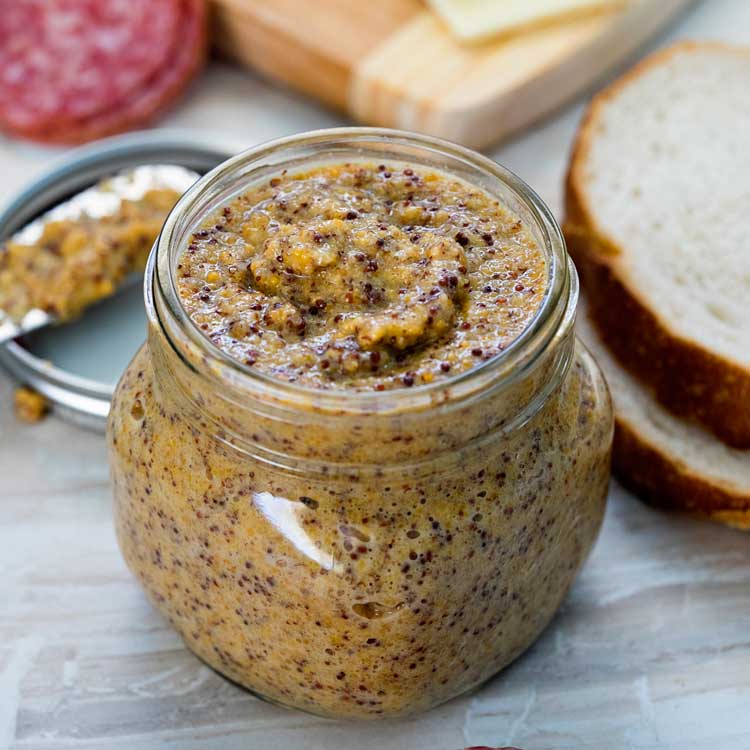
SIDE EFFECTS
Eating mustard seeds, leaves, or paste is generally considered safe for most people, especially when consumed in amounts typically found in the average person’s diet. That said, consuming large amounts, such as those typically found in mustard extracts, may result in abdominal pain, diarrhea, and gut inflammation. There’s also a report of a woman developing contact dermatitis after applying a Chinese medicine patch containing mustard seeds directly to her skin.
Finally, uncooked mustard seeds and leaves contain a significant amount of goitrogens. These are compounds that can interfere with the normal function of your thyroid, which is the gland responsible for regulating your metabolism. This is unlikely to cause a problem in people with normal thyroid function. However, those with impaired thyroid function may want to soak, boil, or cook mustard seeds and leaves before eating them or generally limit their intake.
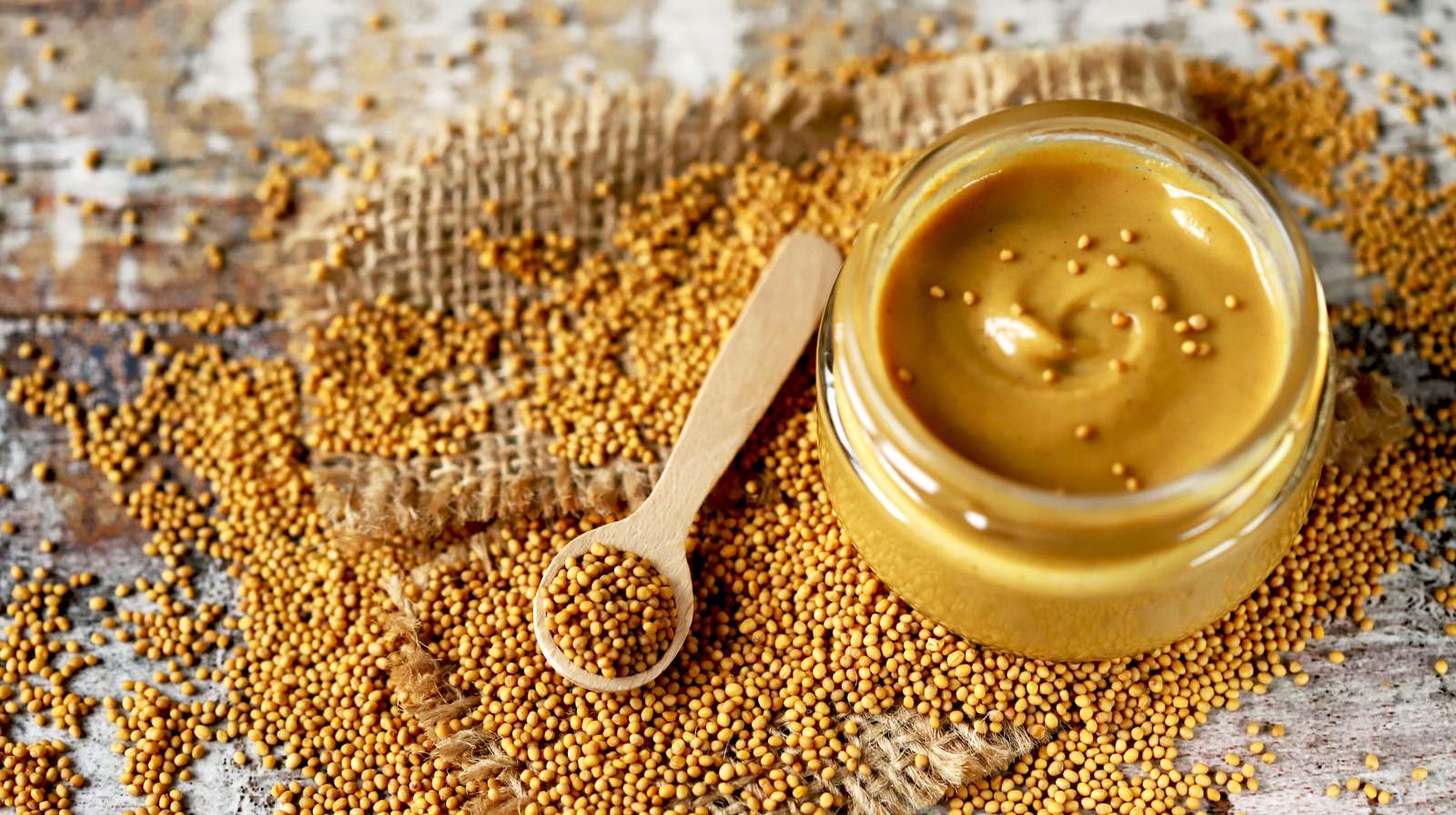
HOW TO USE MUSTARD SEEDS
Yellow mustard seeds are extensively used in ready-to-eat foods that typically come in jars or squeeze bottles to be used in sandwiches or as dips. Brown mustard seeds are usually spicier than yellow mustard seeds. They are used in Asian dishes to add spice and flavor to cooked dishes.
In many Indian preparations, mustard seeds (along with other spices and condiments) are heated in clarified butter or oil before being added as the final flavoring (called tempering) after the dish has been prepared. Mustard greens can also be sauteed with garlic for use in soups.
Mustard paste, made out of seeds, is one of the choicest preparations enjoyed across the world and is used as a dip along with other dishes.
Compiled and penned by Crocus Media
Products
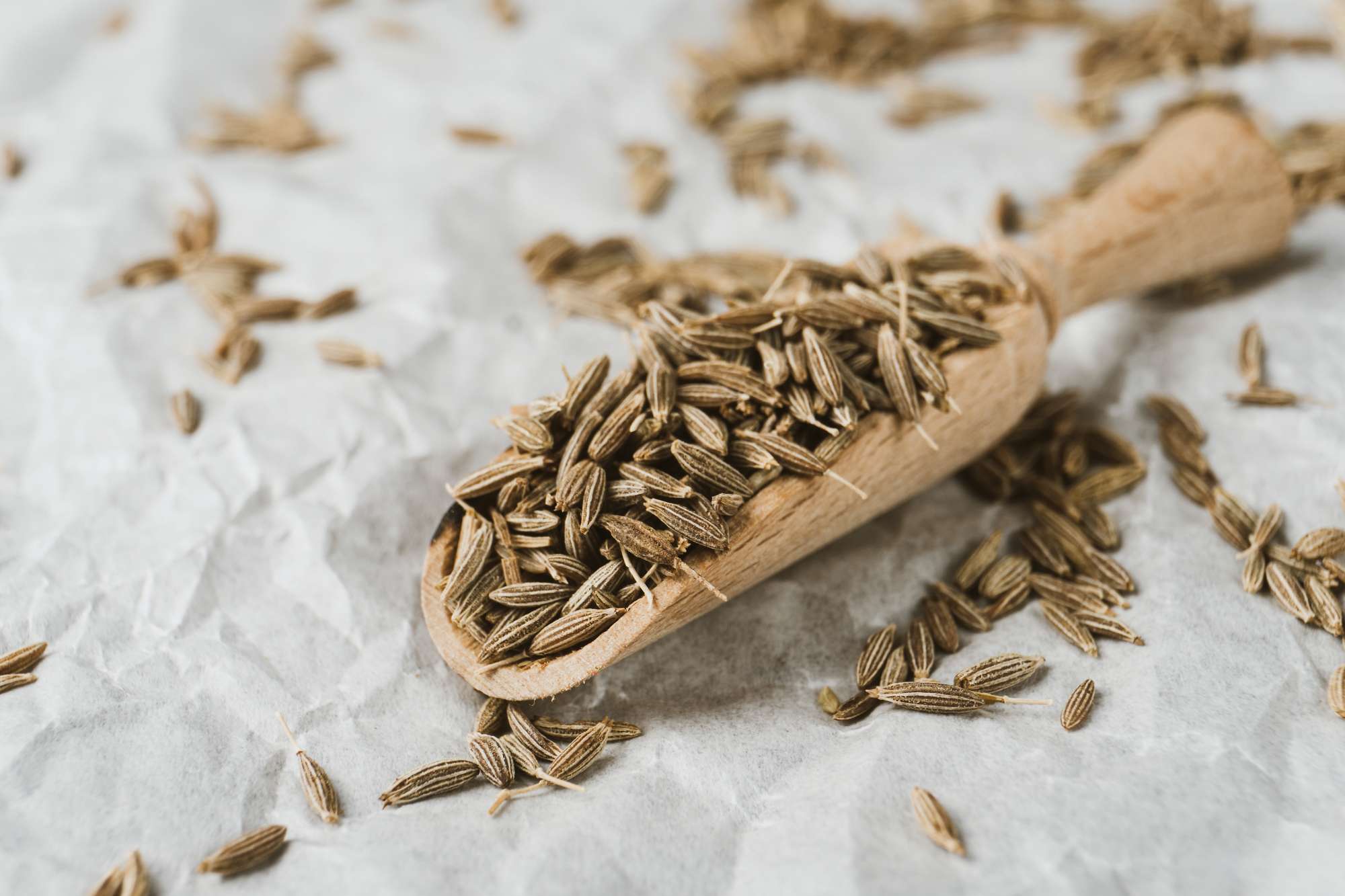
Cumin Seed
Cumin Seed contains compounds called flavonoids that work as antioxidants in the body. It can help prevent diseases such as cancer, heart disease, high blood pressure and also improves digestion, immune system, circulation,...
